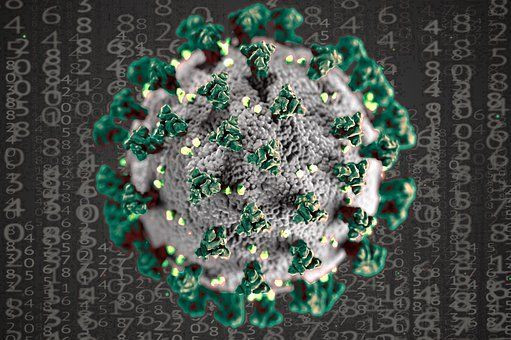Coronavirus Research: Immunoprotein Inhibits SARS-CoV-2, Prevents Fusion With Host Cells

KEY POINTS
- LY6E is a naturally found human immunoprotein
- It enhances the infectivity of flu viruses
- But researchers discovered that it has an exactly opposite effect on the novel coronavirus
- When the viruses lose their ability to attach to the host cells, there won't be an infection
An immunoprotein found naturally in the human immune system has the ability to strongly inhibit coronaviruses, including the one causing COVID-19, said a new study.
An international team of researchers from Germany, Switzerland and the U.S. demonstrated that the LY6E protein prevents SARS-CoV-2 from causing an infection. They believe the findings could pave the way toward new therapeutic approaches against the novel coronaviruses.
Lymphocyte antigen 6E (LY6E) protein in human beings is encoded by the gene LY6E. It plays an important role in several diseases. Researchers say the protein enhances the infectivity of the influenza virus. But the novel coronaviruses that cause COVID-19 gets inhibited by this protein.
The study’s lead author Stephanie Pfander, who was working at the Institute of Virology and Immunology in Switzerland, visited Professor Charles Rice’s lab at Rockefeller University in 2017 to identify genes that prevent infections caused by coronaviruses. They discovered that Ly6E has the opposite effect on coronaviruses compared to influenza viruses.
Further studies revealed that Ly6E protein exerted this inhibitory effect on all analyzed coronaviruses, including the pathogens that cause SARS, MERS and COVID-19, Ruhr University Bochum News reported.
Upon testing this protein with different cell cultures, the researchers found that Ly6E affects the virus’ ability to fuse with the host cells.
“If the virus is unable to fuse with these cells, it can't cause infection," said the study’s corresponding author, Professor Volker Thiel from the University of Bern.
The researchers also validated their findings in an animal model, in collaboration with experts at the John Schoggins at the Southwestern Medical Center, University of Texas. They discovered that the mouse variant of the LY6E protein is crucial for the protection of immune cells to prevent infections. They also found that the immune cells get more susceptible to infection and their numbers decreased dramatically in the absence of this protein. Mice without Ly6E protein were found to be highly susceptible to coronaviruses and succumbed to infection.
The study highlighted that the mouse coronavirus used in the experiment differed significantly from the SARS-CoV-2. Nevertheless, it is widely accepted as a model for understanding the basic concepts of coronavirus replication and immune responses in an animal model.
"Our study provides new insights into how important these antiviral genes are for the control of viral infection and for an adequate immune response against the virus. Since LY6E is a naturally occurring human protein, we hope that this knowledge will aid the development of therapies that may one day be used to treat coronavirus infections," the study authors said.
They believe that therapeutic approaches that mimic the mechanism of action of LY6E protein might offer a promising first line of defense against COVID-19.
© Copyright IBTimes 2025. All rights reserved.






















